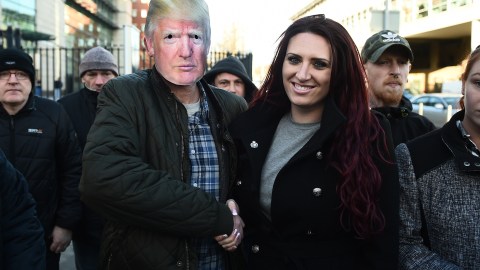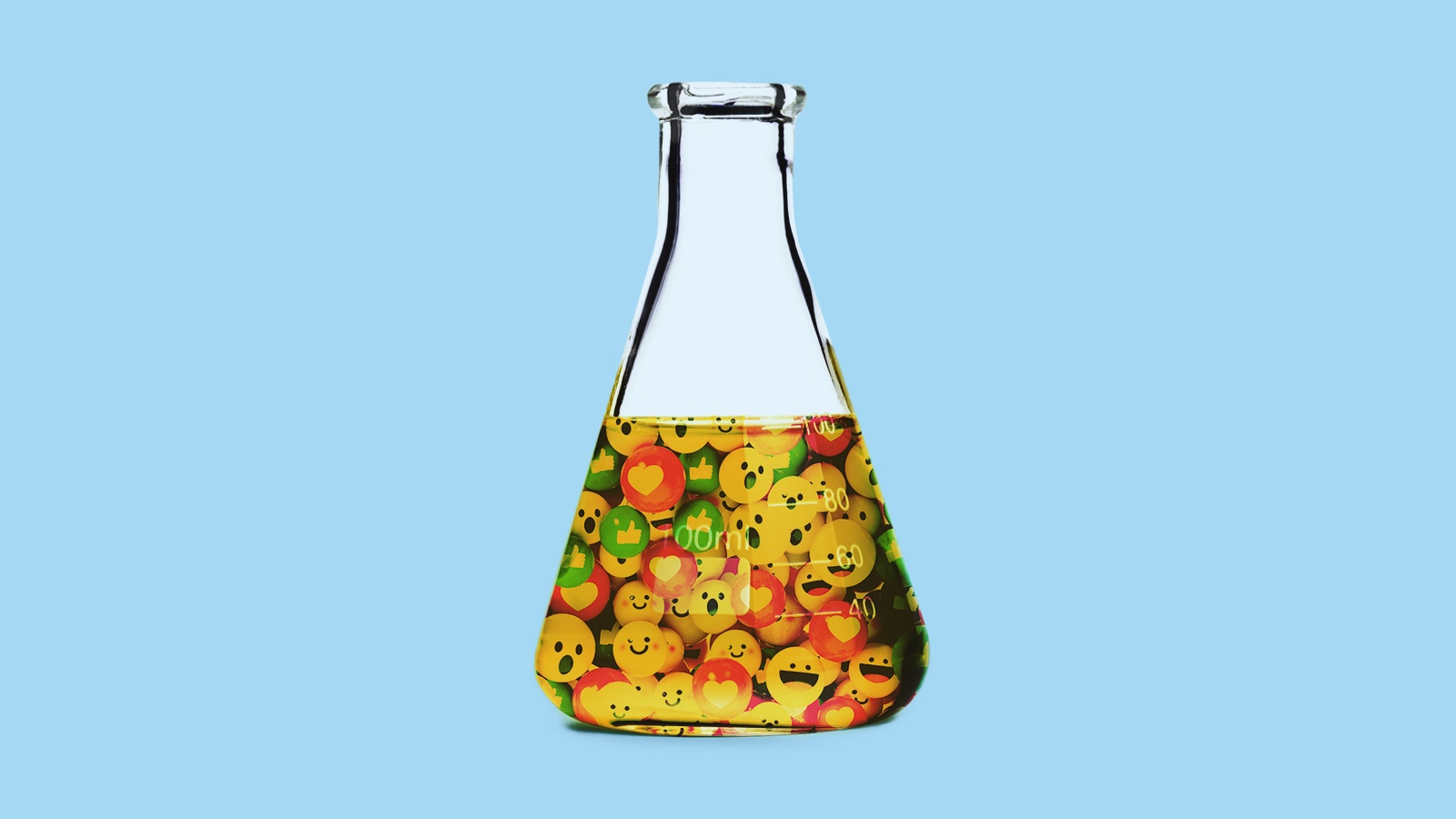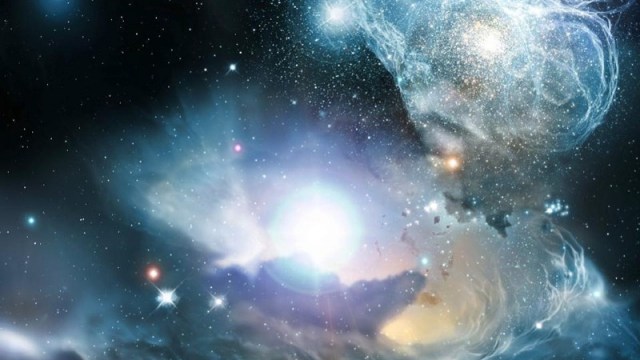Why Did Twitter Ban A Group Trump Re-tweeted But Not Trump?

A century ago a newly introduced consumer media platform was going to change the world. It had the potential to democratize societies by offering voice to anyone with the proper equipment. As this crude technology lined the shelves of hardware stores, radio was seen as a decentralized superpower affording ham radio operators the power to freely express their opinions. Then, as so often happens, government centralized that power in favor of military communications and corporate interests.
Facing the depressing reality of net neutrality, history is indeed repeating itself, as it has with every form of media that grew beyond expectations. Social media is the modern version of this democratizing force. Regulatory efforts are a bit more confusing, however. This time it’s not the government consolidating and centralizing power, but the corporations themselves.
At least that’s the case with Twitter, which recently banned British white nationalist leaders Jayda Fransen and Paul Golding. Fransen would have likely have remained relatively unknown in America had President Trump not retweeted three anti-Muslim videos she posted in November. Responding to criticism about the target of bans, Twitter recently updated its hateful conduct and abusive behavior policy:
Content that glorifies violence or the perpetrators of a violent act. This includes celebrating any violent act in a manner that may inspire others to replicate it or any violence where people were targeted because of their membership in a protected group. We will require offending Tweets to be removed and repeated violations will result in permanent suspension.
Twitter is not the only company to crack down on hate speech and fake news; Facebook also recently updated its policies. This emphasis on curbing ideas deliberately (and potentially violently) targeting ethnic, racial, or religious groups follows an election season in which the same companies were heavily criticized for not monitoring potential influence by Russian groups targeting American elections.
While fears that this is a backlash against conservatives arose (on Twitter, obviously), a large elephant is tramping around this virtual room: If Trump retweeted hate speech, why is his account not suspended? Sharing videos to over 40 million followers certainly seems to open the door to potentially replicating violence.
Fransen’s account certainly crosses the line of abusing and threatening a religious group—she’s been arrested twice over the last year for just that. The updated verbiage on “hateful imagery” also fits the bill, especially considering at least one of the videos was proven fake. While a serious ethical question is being entertained about Twitter’s new policies—when does freedom of speech become condemnable hate speech?—another question needs to follow: Is a retweet an endorsement, and if so, does that mean the endorser is subject to the same guidelines as the original tweeter?
It’s not like the impact of Trump’s tweets have not been studied. With just a 4 percent True rating on Politifact, Trump’s uncensored delivery vehicle has long been Twitter. With the social media company’s new policy also taking “offline behavior” into consideration in its “aggressive” approach, if fake news and hate speech are truly the targets, the company might have to widen its net.
There’s been a lot of talk about an impending constitutional crisis over the past year. Yet what we’re actually facing is an existential crisis, which must now consider a society in which “fake” is so common a term that reality is losing meaning. Social media has resurrected demons that Americans, as members of a supposedly civilized society, thought long dead—at the very least, hidden in impenetrable shadows. The shadow has been brought to light, however, cast over all levels of our culture.
A long scroll through the last few million Trump followers reveals numerous fake accounts created simply to boost numbers. That does not take away from his influence, however; most morning news shows dedicate a segment to the president’s morning tweets. If Twitter is honest about combating hate, the company has to reckon with itself—a reckoning The Atlantic’s Robinson Meyer says we shouldn’t hold our breath for:
Now the company has slapped on another policy, and Trump—and other government and military leaders—will get the same monopoly on violence on Twitter that they already enjoy out in the world.
The loophole Twitter cites against banning Trump is “newsworthiness.” A strange argument, as the same can be made for the Britain First leaders, Milo Yiannopoulos, Martin Shkreli, and other right wing leaders, all kicked off the platform. Yet their incitements certainly made headlines. Why their voices were silenced while others freely type away seems an arbitrary decision that in the end probably isn’t so arbitrary at all.
That’s because business is business. Eyeballs equals dollars. It might not be the government regulating this platform, but the profile of its reality television star leader is simply too juicy to omit, regardless of what’s actually being said. Twitter rebuts this criticism by stating that context matters. But whose, and at what cost?
—
Derek Beres is the author of Whole Motion: Training Your Brain and Body For Optimal Health. Based in Los Angeles, he is working on a new book about spiritual consumerism. Stay in touch on Facebook and Twitter.





